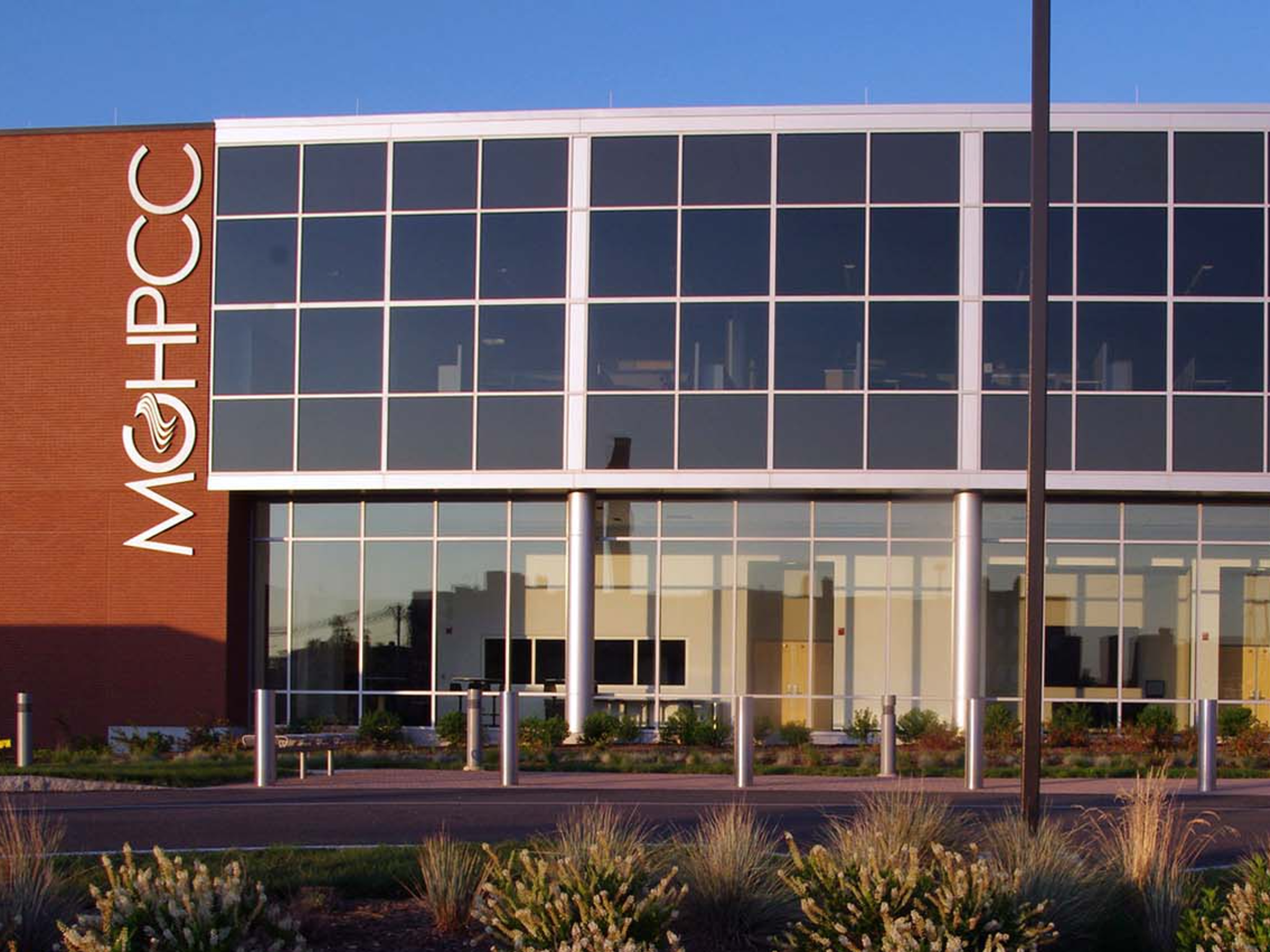
Kudos to the UMass Amherst student and faculty MGHPCC users who were recognized for innovative research, creativity, and impact for the greater good at Supercomputing 2020 (SC20), the largest international conference for high performance computing (HPC.)
Read this story at UMass News
Hakan Saplakoglu, undergraduate in electrical and computing engineering, and Rebecca Doiron, undergraduate in physics, built a Minecraft world to highlight computing-intensive research from UMass Amherst. Visitors used Minecraft, the popular adventure video game, to virtually explore computational research from New England institutions powered by resources available at the Massachusetts Green High Performance Computing Center (MGHPCC), as part of MGHPCC’s virtual booth at SC20. The Minecraft world included interactive activities and a virtual tour of the MGHPCC data center, universities in the MGHPCC consortium, as well as kiosks focusing on research projects from the different campuses. John Griffin, UMass Amherst’s IT research computing manager, supported the planning and development of the virtual booth.
“Our world increasingly relies on science to meet 21st century challenges and science increasingly relies on high performance computing. The MGHPCC’s virtual booth at SC20 demonstrated the wide range of topics being addressed with the use of computers by our member and partner institutions,” said John Goodhue, executive director of the MGHPCC. Showcased topics included real-time monitoring of road conditions and vehicle emissions, the digital economy, scientific computing and visualization research and more.
Research by professor Michael Zink, professor, electrical and computer engineering, on air traffic management and professor Li-Jun Ma, biochemistry and molecular biology on biological dynamics and disease were some of the featured projects at MGHPCC’s SC20 virtual booth this year.
More accolades followed at SC20 for UMass Amherst researchers. “Waiting Game: Optimally Provisioning Fixed Resources for Cloud-Enabled Schedulers,” a paper and presentation co-authored by Distinguished Professor and associate dean Prashant Shenoy, College of Computer and Information Sciences, and associate professor David Irwin, College of Engineering, together with two electrical and computer engineering doctoral students, Pradeep Ambati and Noman Bashir, was recognized as Best Paper and Best Student Paper Finalist.
"Our work focuses on answering a central question for 'hybrid clouds' that combine servers that you buy yourself with servers that you rent from public cloud platforms offered by Amazon, Microsoft and Google. It turns out that buying servers yourself is still significantly cheaper than renting them from the cloud if they are highly utilized. Given this, a key question for large server clusters, like those at the MGHPCC, is how many servers should they buy versus rent to minimize their cost? This paper develops some simple mathematical models that answer this question, and then evaluates them on traces from the UMass Green High Performance Computing Cluster at the MGHPCC. Our models and evaluation show that an optimized hybrid cloud approach can both save money and significantly increase these clusters’ performance," says Irwin.
UMass Amherst researchers have a wide range of high performance computing and research computing tools and services at their disposal. Consulting, server hosting, system administration, and data storage are available to support computationally intensive, groundbreaking research. Over 1,000 researchers from a wide range of disciplines currently use high performance computing at UMass Amherst, taking advantage of more than 4 petabytes of storage in several specialized computing clusters and over 1,400 graphic processing units (GPU) cards. Most of these resources are located at the MGHPCC.
Located in Holyoke, Mass., and featuring sustainable green technology and facility design, the MGHPCC was developed through a collaboration among the most research-intensive universities in Massachusetts (Boston University, Harvard University, Massachusetts Institute of Technology, Northeastern University and University of Massachusetts); the Commonwealth of Massachusetts; and private industry (Cisco and Dell EMC). The member universities fund the ongoing operation of the data center, which is open for use by any research organization.
MGHPCC@Supercomputing20MGHPCC News